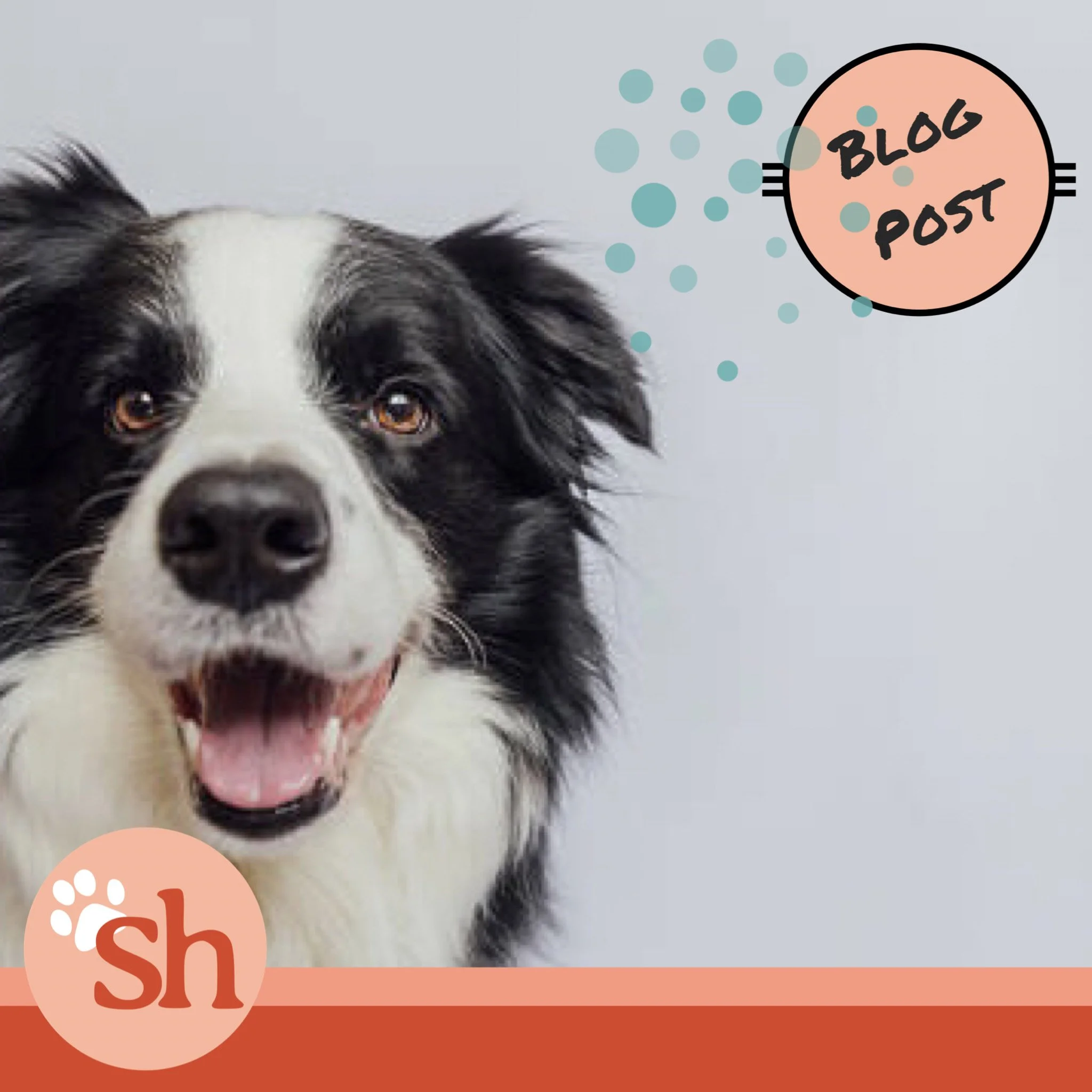Blog
What it means to be a Registered Clinical Animal Behaviourist
After years of study and hands-on experience, I’m proud to be a Registered Clinical Animal Behaviourist with the ABTC and APBC. This recognition reflects my commitment to high-quality, science-based care for animals and their owners. It also allows me to help build stronger, healthier relationships between pets and their families.
Destructive chewing in dogs: why punishment is never the answer.
Coming home to discover your dog has chewed your sofa is enough to send anyone over the edge. But how should you deal with this and how can you prevent it from occurring in the future? This blog considers the reasons why dogs chew and offers suggestions on how to appropriately manage chewing behaviour.
Five ways to nurture a close bond with your dog
Establishing a bond of trust with your dog is the foundation of all loving dog-owner relationships. Read my top five tips for developing and nurturing that bond.
Can castration resolve behaviour problems in dogs?
Humping, scent marking indoors, dog-to-dog aggression, roaming… can all of these common behaviour problems be resolved by castration? This blog post takes a look at current scientific research into how a dog’s behaviour can change following castration.
Scent games to play with your dog
Scent games are an easy way to provide mental stimulation for your dog and to satisfy their amazing sense of smell. This blog looks at how scent games can benefit a dog and introduces six simple games that you can play at home with your dog.
Prevention is the best medicine: the hierarchy of dog needs.
This blog post looks at the Hierarchy of Dog Needs by Linda Michaels, and how a dog’s biological, emotional, social, training and cognitive needs must be met for a dog to thrive both physically and behaviourally.
Natural fear response in dogs: the importance of socialisation
Fear is a natural response for dogs and without adequate socialisation, many puppies will grow into fearful adult dogs and be unable to cope with everyday life. This blog post explores why fear is ingrained in dogs and how socialisation can help puppies develop a neutral response.
Understanding Companion Animal Loss
For many, coping with the loss of a beloved companion animal can be as hard as coping with the loss of a family member. This blog post takes a look at why owners may feel their loss so deeply and explores ways in which the grieving process can be supported.
The science behind the human-dog bond
The attachment bond between a person and their canine companion can be incredibly strong. This blog post explores the science behind man’s best friend.
Dogs are not pack animals: pack theory demythed
Dogs may share 99.96% of their genes with wolves, but they are very different species. This blog explains why dogs should not be considered pack animals.
The ancient healing power of dogs: fact or fiction?
The ancient Greeks and Romans believed in the healing power of a dog’s lick. This blog post looks to see if there is any truth behind this myth, or whether modern medicine counteracts these ancient practices?
How to find a qualified dog behaviourist.
As an unregulated industry, anyone can set themselves up as a dog behaviourist. How do you know that the Dog Behaviourist that you have seen online is appropriately qualified?












